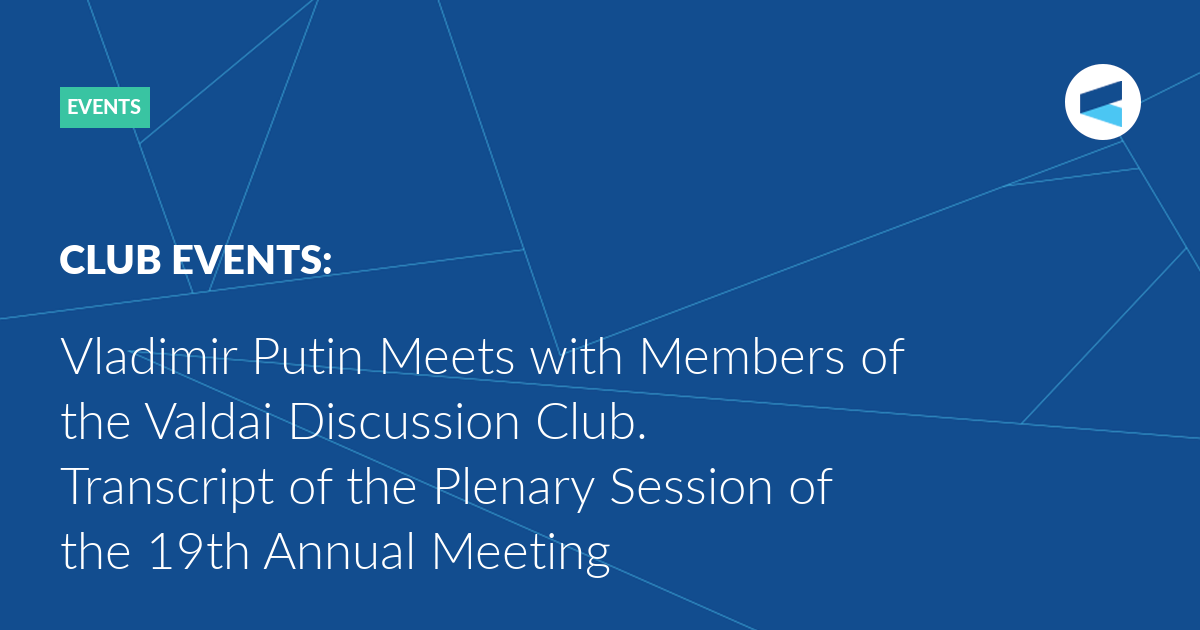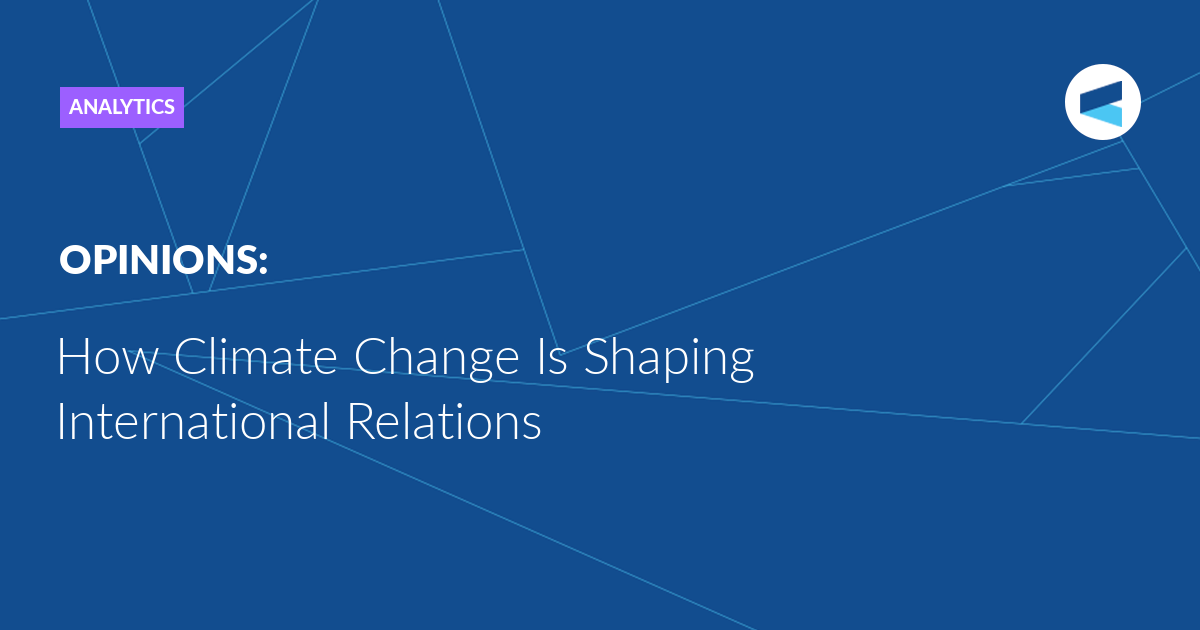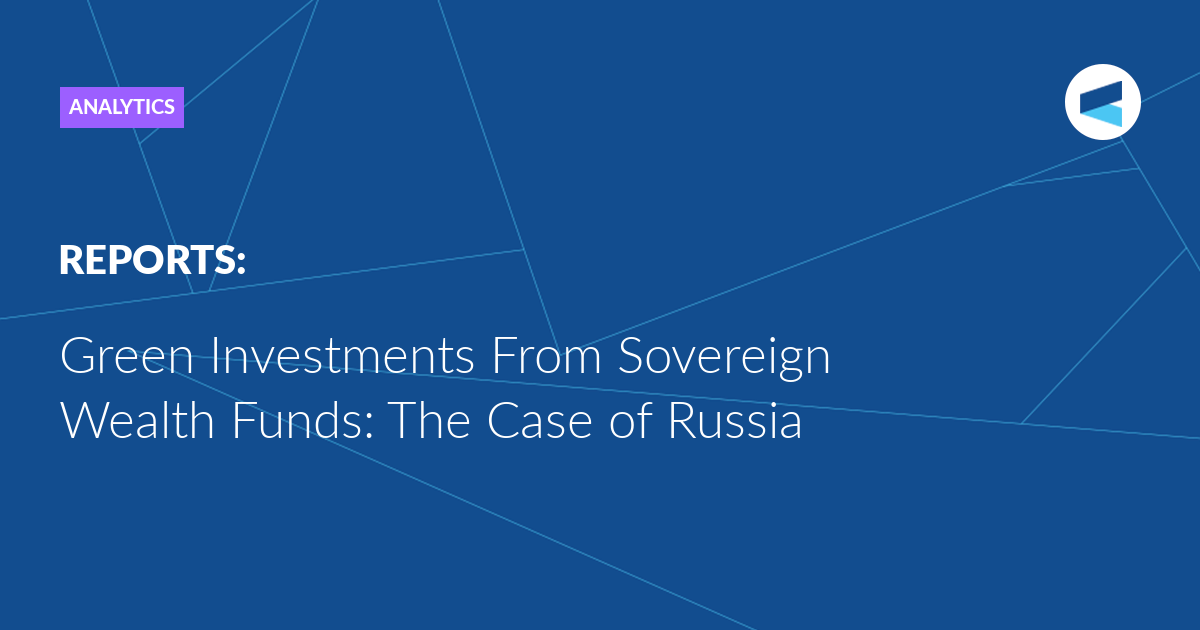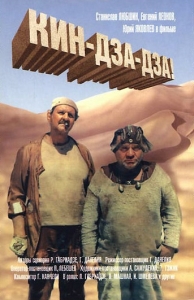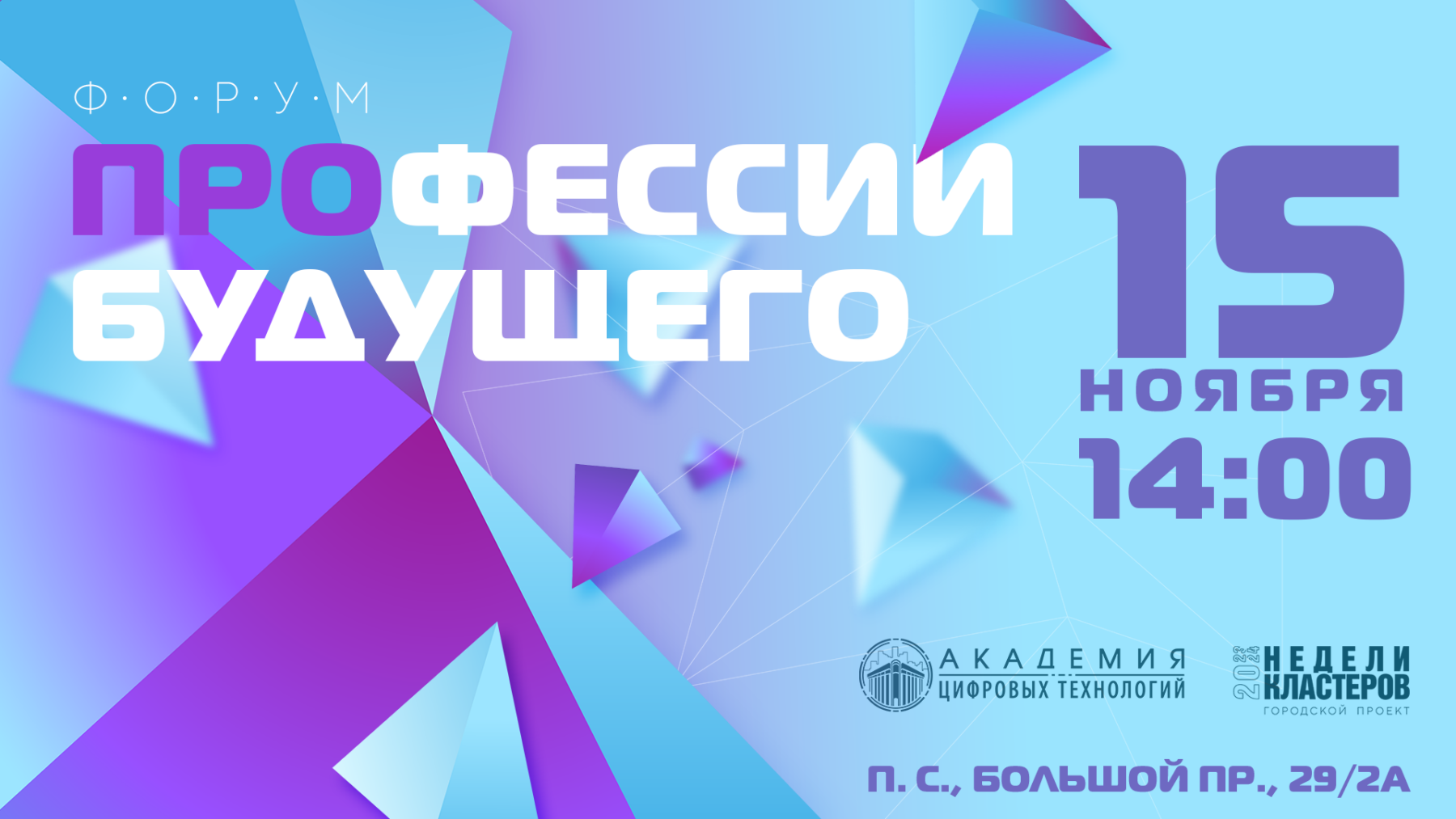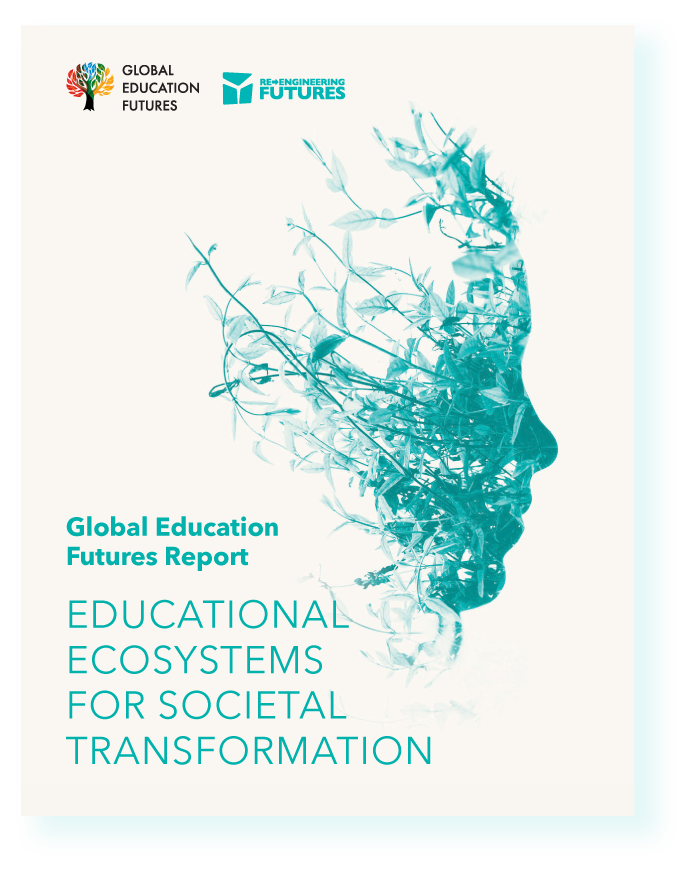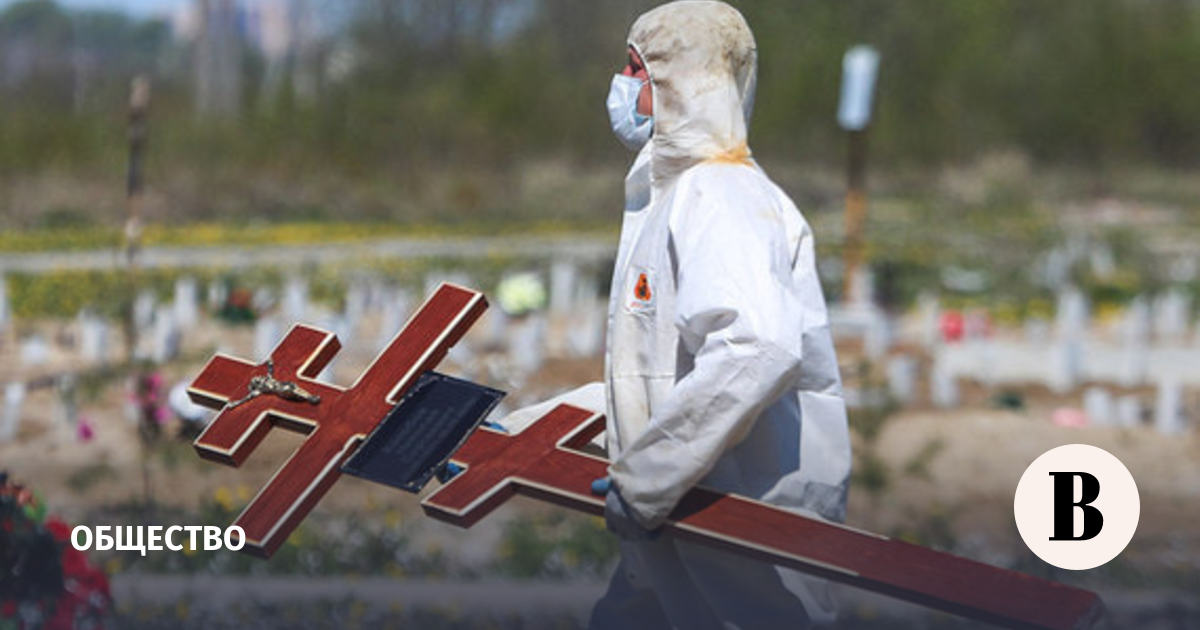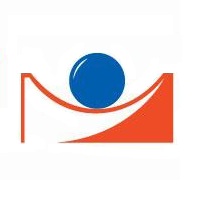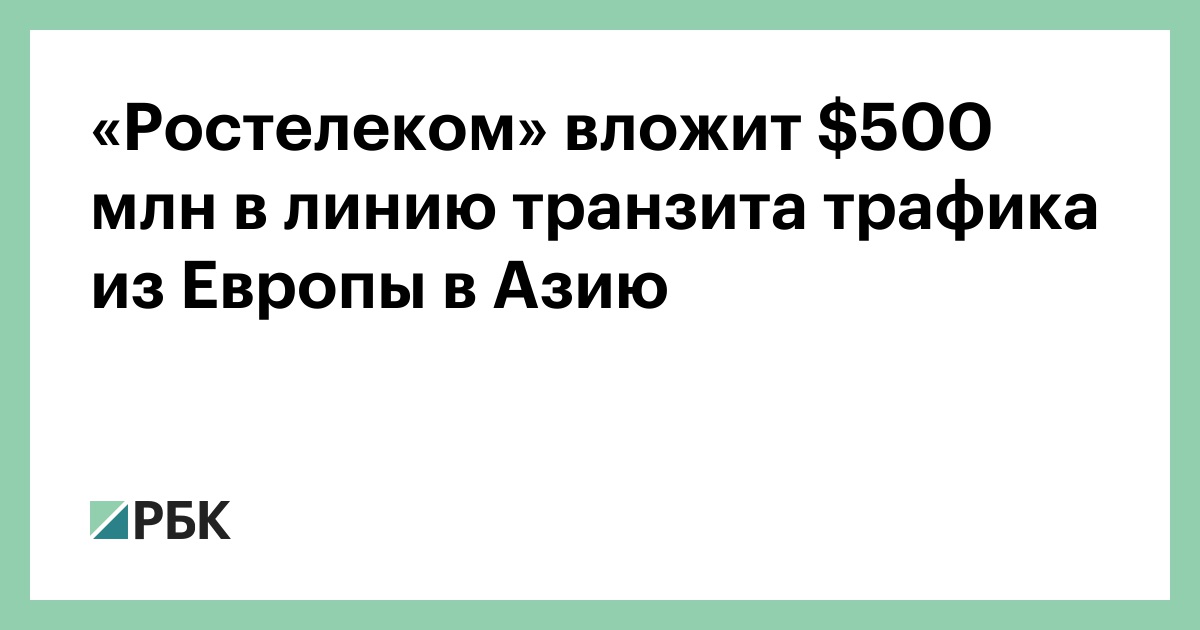Lalas
Star
- Joined
- Nov 8, 2022
- Messages
- 2,129
PARTICIPANTS OF RIGF 2022 WILL CONTRIBUTE TO THE DEVELOPMENT OF INTERNATIONAL INTERNET REGULATION
28.09.2022
The work of the 12th Russian Internet Governance Forum began.
..
Deputy Prime Minister of the Russian Federation Dmitry Chernyshenko welcomed the participants of RIGF 2022 and wished them fruitful work. He noted that RIGF is one of the largest events in Eastern Europe for the development of the global network, as well as an important annual event for the entire Internet community and part of the Global Internet Governance Forum (IGF).
“This gives us the opportunity to discuss current digital trends at RIGF and collaborate within the global agenda. The Internet is a worldwide network that must be maintained together. Today it is necessary to create new international norms of responsible behavior in the digital environment, and Russia is ready to take part in building an open space of trust on the Internet as a responsible international partner,” Dmitry Chernyshenko said.
Tatyana Matveeva, Head of the Office of the President of the Russian Federation for the Development of Information and Communication Technologies and Communications Infrastructure, noted that this year the Forum is being held at a difficult time of unprecedented challenges. “However, despite significant external pressure and massive cyberattacks, the local IT industry has proven to be capable and strong. We are closely monitoring the progress of the UN Secretary General’s attempt to create a Global Digital Compact due to the increasing understanding of the necessity to establish uniform rules for the game. I’m hoping that RIGF participants will be able to contribute to its growth as well as the growth of global network regulation internationally,” she said.
RIGF 2022: “ECOSYSTEMS AND PLATFORMS ARE BECOMING DRIVERS OF ECONOMIC GROWTH TODAY”
The first day of the 12th Russian Internet Governance Forum ended.
The RIGF 2022 work program was opened with the section “Global Digital Compact: A Chance For Fair Play?”, announced at the opening of the Forum. Together with moderator Roman Chukov (Center for Global IT-Cooperation), participants discussed the need to create new international norms and “rules of the game” in the field of ICT and the draft Global Digital Compact. The experts stressed that today the massive removal of Russian apps from online stores, the active dissemination of fakes and false information and the infringement of the rights of ordinary network users are of serious concern.
During the section “Russian And World Experience In The Field Of Combating Destructive Content. The Role And Responsibility Of Digital Platforms”, moderator Anna Dupan (Institute for Problems of Legal Regulation, Faculty of Law, Higher School of Economics) invited experts to discuss one of the most controversial aspects of Internet Governance – content regulation. Participants also defined the criteria for destructive content and shared their experience in regulating it, as well as discussed the role of the state and digital platforms in countering the spread of inappropriate content.
According to Vladimir Todorov, Director of media development at Rambler&Co and editor-in-chief of Lenta.ru, World practice demonstrates that social networks’ attempts to self- regulate do not always succeed, their algorithms for identifying harmful content are not always accurate, and there are simply insufficient moderators to handle the volume of information that is released. “One of the key tasks of journalism is to ask uncomfortable questions for which society must seek answers. For example, where does the request for such content come from. Perhaps, new destructive subcultures are being formed now, and children fall under their influence from loneliness and complete misunderstanding of parents and teachers. It is necessary to establish an institute of school psychologists so that adolescents have confidence in them. Together with teachers, they should conduct training seminars so that parents do not see mailings with the subject: “Attention, remove Genshin Impact from children’s phones.” Teenagers are already content producers, and if the state and social networks start to marginalize them, they will become atomized and want to leave this society for new, much more closed communication channels: encrypted messengers or private chats,” the speaker said.
The first day of RIGF 2022 was completed by the section “Preserving Human Agency In Ai-Enabled Internet”, which was moderated by Karen Kazarian (Internet Research Institute). The participants discussed how Internet technologies will develop under the influence of AI, what challenges users and society face, and what opportunities exist today to reduce risks when using AI. …The main conclusions of the section are: the person should have the final responsibility for any technology, fears about the disappearance of certain professions due to the introduction of AI are greatly exaggerated, because the pace of digital transformation and the introduction of AI allows you to quickly get a new profession if necessary, and all people should try maintain critical thinking in this challenging world."
28.09.2022
The work of the 12th Russian Internet Governance Forum began.
..
Deputy Prime Minister of the Russian Federation Dmitry Chernyshenko welcomed the participants of RIGF 2022 and wished them fruitful work. He noted that RIGF is one of the largest events in Eastern Europe for the development of the global network, as well as an important annual event for the entire Internet community and part of the Global Internet Governance Forum (IGF).
“This gives us the opportunity to discuss current digital trends at RIGF and collaborate within the global agenda. The Internet is a worldwide network that must be maintained together. Today it is necessary to create new international norms of responsible behavior in the digital environment, and Russia is ready to take part in building an open space of trust on the Internet as a responsible international partner,” Dmitry Chernyshenko said.
Tatyana Matveeva, Head of the Office of the President of the Russian Federation for the Development of Information and Communication Technologies and Communications Infrastructure, noted that this year the Forum is being held at a difficult time of unprecedented challenges. “However, despite significant external pressure and massive cyberattacks, the local IT industry has proven to be capable and strong. We are closely monitoring the progress of the UN Secretary General’s attempt to create a Global Digital Compact due to the increasing understanding of the necessity to establish uniform rules for the game. I’m hoping that RIGF participants will be able to contribute to its growth as well as the growth of global network regulation internationally,” she said.
Chengetai Masango, Head of the Secretariat of the United Nations Internet Governance Forum, also noted that many important topics will be discussed at RIGF 2022 today: the Global Digital Compact, the regulation of digital platforms, the fight against destructive content, the benefits of the safe use of artificial intelligence, and others. “During the pandemic, Internet penetration increased significantly, but it was uneven, and the gap between developed and developing countries widened even more. But there is also a positive result – there is a growing understanding of the need for equal access to the Internet. The Internet proves its potential to contribute to the development of all countries of the world from time to time. But the use of this potential depends on each of us, and we need to continue discussions and discussions, as a result of which the Internet that we need will appear. Such discussions will also take place at the 17th Global Internet Governance Forum in November in Addis Ababa, and I invite you to participate in its work,” Chegentai Masango added.
intgovforum.org/en/content/igf-2022
The Global Digital Compact, which will be a topic of discussion at the first working session of the RIGF 2022, is one of the issues that the Russian IGF cannot ignore this year, according to Vadim Glushchenko, Head of the Center for Global IT-Cooperation. “We have a unique opportunity to contribute to the creation of the Global Digital Compact,” he said. The Russian Internet Governance Forum’s youth track was further discussed by Vadim Glushchenko. He mentioned that there are currently 35 regional and national forums for Internet Governance around the world, and Russia is one of them. “We have been organizing the Youth RIGF at Skoltech for the past two years, and the Forum is drawing an increasing number of attendees. The topic of Internet Governance and all things digitalization-related are particularly interesting to young people. We attempt to keep young people from being bored at the Youth Forum, and based on our findings, the topic is welcomed,” he said.
RIGF 2022: “ECOSYSTEMS AND PLATFORMS ARE BECOMING DRIVERS OF ECONOMIC GROWTH TODAY”
The first day of the 12th Russian Internet Governance Forum ended.
The RIGF 2022 work program was opened with the section “Global Digital Compact: A Chance For Fair Play?”, announced at the opening of the Forum. Together with moderator Roman Chukov (Center for Global IT-Cooperation), participants discussed the need to create new international norms and “rules of the game” in the field of ICT and the draft Global Digital Compact. The experts stressed that today the massive removal of Russian apps from online stores, the active dissemination of fakes and false information and the infringement of the rights of ordinary network users are of serious concern.
The regulation of ecosystems is one of today’s most critical matters. Elena Zaeva (Federal Antimonopoly Service) remarked that the FAS upholds the “net neutrality” principles developed and adopted in 2016. “Unlike other industries, the role of consumers in the digital sphere is great, and digital services and ecosystems cannot ignore their pressure. Therefore, we see our role, first of all, in creating conditions and clear rules of the game,” Elena Zaeva summed up.Roman Chukov also noted that RIGF 2022 discussion could become the “assembly point” of Russian initiatives to further communicate them to all parties involved in the development of the Global Digital Compact.
Chan Yuping (Office of the UN Secretary-General’s Envoy for Technology) said that the UN is interested in fixing principles in this document that would reflect the “situation on the ground” and that all participants in the process would agree with. “We will try to do our best to ensure that this document concerns not only the role and activities of states in regulating the network, but also the activities of platforms and user experience. We collect all points of view and involve in the discussion of the treaty both states and international companies, and the private sector. And we welcome any suggestions from the Russian Internet community,” she concluded.
Vadim Glushchenko (Center for Global IT-Cooperation) emphasized that the Russian community has its own views on how the Global Digital Compact should look like. “But it is important that the Russian expert community come up with a common consolidated position, and now is the time to start working on its formation,” he stressed.
Participants of the “Ecosystems Regulation” section, together with moderators Karen Kazaryan (Internet Research Institute) and Sergey Plugotarenko (RAEC), have discussed the development of Russian digital ecosystems and platforms, as well as how they may be affected by legal and economic regulation. Sergey Plugotarenko gave a brief overview of the Russian “digital loop”, noting that out of almost 100 million Russian Internet users, 20 million in 2021 used ecosystem subscriptions. More than 10 ecosystems are developing on the Russian market today, and each user has an average of 1.5 subscriptions. At the same time, ecosystems also provide an opportunity for their users to earn money – according to the speaker, the share of the platform economy today supplies 2% of GDP, and more than 2 million people are employed in it. “Ecosystems and platforms are becoming drivers of economic growth today,” Sergey Plugotarenko concluded.
During the section “Russian And World Experience In The Field Of Combating Destructive Content. The Role And Responsibility Of Digital Platforms”, moderator Anna Dupan (Institute for Problems of Legal Regulation, Faculty of Law, Higher School of Economics) invited experts to discuss one of the most controversial aspects of Internet Governance – content regulation. Participants also defined the criteria for destructive content and shared their experience in regulating it, as well as discussed the role of the state and digital platforms in countering the spread of inappropriate content.
According to Vladimir Todorov, Director of media development at Rambler&Co and editor-in-chief of Lenta.ru, World practice demonstrates that social networks’ attempts to self- regulate do not always succeed, their algorithms for identifying harmful content are not always accurate, and there are simply insufficient moderators to handle the volume of information that is released. “One of the key tasks of journalism is to ask uncomfortable questions for which society must seek answers. For example, where does the request for such content come from. Perhaps, new destructive subcultures are being formed now, and children fall under their influence from loneliness and complete misunderstanding of parents and teachers. It is necessary to establish an institute of school psychologists so that adolescents have confidence in them. Together with teachers, they should conduct training seminars so that parents do not see mailings with the subject: “Attention, remove Genshin Impact from children’s phones.” Teenagers are already content producers, and if the state and social networks start to marginalize them, they will become atomized and want to leave this society for new, much more closed communication channels: encrypted messengers or private chats,” the speaker said.
The first day of RIGF 2022 was completed by the section “Preserving Human Agency In Ai-Enabled Internet”, which was moderated by Karen Kazarian (Internet Research Institute). The participants discussed how Internet technologies will develop under the influence of AI, what challenges users and society face, and what opportunities exist today to reduce risks when using AI. …The main conclusions of the section are: the person should have the final responsibility for any technology, fears about the disappearance of certain professions due to the introduction of AI are greatly exaggerated, because the pace of digital transformation and the introduction of AI allows you to quickly get a new profession if necessary, and all people should try maintain critical thinking in this challenging world."
Last edited:















